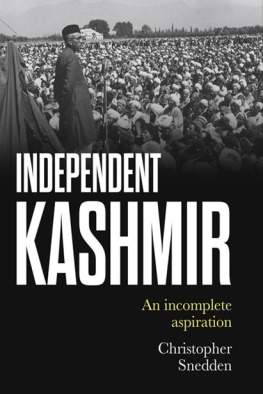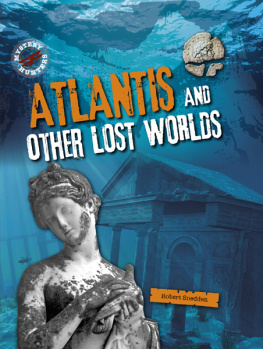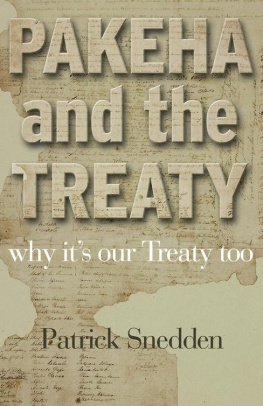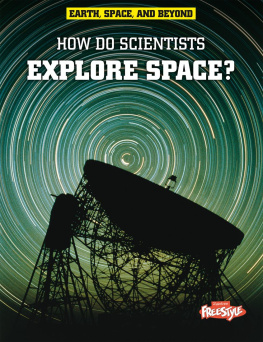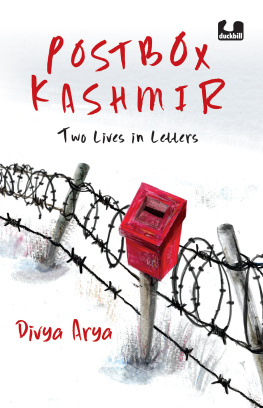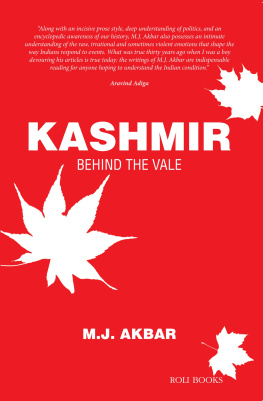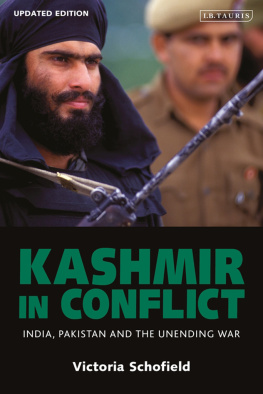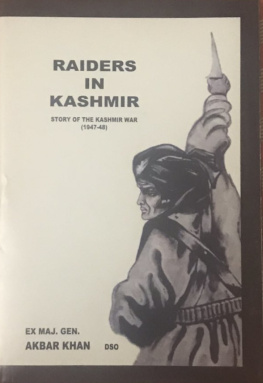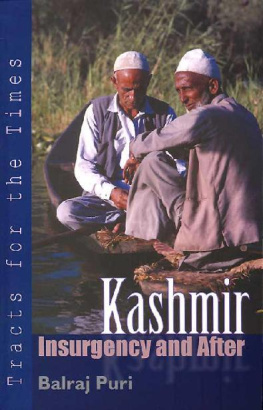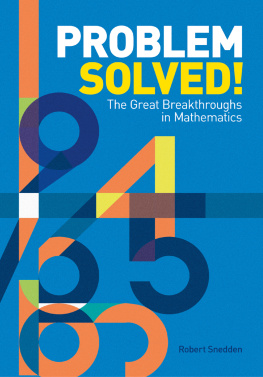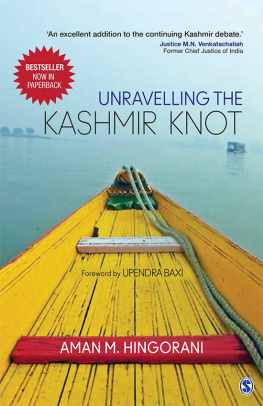Independent Kashmir

Independent Kashmir
An incomplete aspiration
Christopher Snedden
Manchester University Press
Copyright Christopher Snedden 2021
The right of Christopher Snedden to be identified as the author of this work has been asserted by him in accordance with the Copyright, Designs and Patents Act 1988.
The views and opinions expressed in this book are Christopher Snedden's own. The facts, as reported by him, have been verified to the extent possible, and the publishers are not in any way liable for the same.
Published by Manchester University Press
Altrincham Street, Manchester M1 7JA
www.manchesteruniversitypress.co.uk
British Library Cataloguing-in-Publication Data
A catalogue record for this book is available from the British Library
ISBN978 1 5261 5614 3hardback
First published 2021
The publisher has no responsibility for the persistence or accuracy of URLs for any external or third-party internet websites referred to in this book, and does not guarantee that any content on such websites is, or will remain, accurate or appropriate.
COVER CREDIT: Sheikh Abdullah, leader of the Jammu and Kashmir Government in Srinagar, addressing a meeting in Gandhi Park in 1949 (Keystone Features / Stringer)
Typeset
by New Best-set Typesetters Ltd
For Diane enough said
Contents
Research and writing are solitary pastimes and this has been a long project. In particular, I would like to thank Dr Smruti Pattanaik and Dr Priyanka Singh, at the Manohar Parrikar Institute for Defence Studies and Analyses, New Delhi, for some thoughtful and stimulating conversations which they may not remember in 2017 about the concept, and practice, of azadi (independence). One of these conversations with Smruti partially instigated this book. I would like to thank various libraries and librarians, including the State Library of Victoria, Melbourne; the National Library of Australia, Canberra; the Hamilton Library at the University of Hawaii, Honolulu; and Tami Rosado, Mary Ellen Haug and Gayle Yoshikawa at the library at the Daniel K. Inouye Asia-Pacific Center for Security Studies (APCSS), Honolulu, where I worked from 201419. Accessing their extensive physical and electronic South Asia collections has been invaluable. I also wish to thank some former colleagues at APCSS, particularly Dr Mohan Malik and Dr Christopher Harmon, for their collegiality, moral support, encouragement and many interesting and beneficial discussions. I particularly enjoyed our luncheon conversations, which were always stimulating, productive and enjoyable. Similarly, I thank three Australian colleagues based in Melbourne for their ongoing friendship, support and encouragement: Professor Robin Jeffrey, Dr Thomas Weber and Professor Kama Maclean. Further afield, I thank Asma Khan Lone for her encouragement and help securing some contacts with Kashmiris. I thank Mr Zafar Khan, Head of Diplomatic Affairs at the Jammu Kashmir Liberation Front (JKLF), who kindly supplied me with some material from, and about, the JKLF. I thank Ramachandra Guha for sending me some articles and the timely and invaluable July 2020 report by The Forum for Human Rights in Jammu and Kashmir, of which he is a member. A number of Kashmiris both in Kashmir and in India also have been very helpful and informative, though they wish to remain anonymous. I thank the entire team at Manchester University Press for their professional and personable help, particularly Rachel Evans, Humairaa Dudhwala and the cartographer, Don Shewan, who drew the excellent maps in this book. Apart from these people and institutions, I wish to deeply thank my wife and editor, Diane Barbeler, for her generosity, perceptiveness and perseverance over the last four intense years. I could not have written this book without her. I dedicate this book to Diane.
9/11 | Terrorist attack in the United States, 11 September 2001 (which term uses the US date format: September 11, 2001) |
AISPC | All-India States Peoples Conference |
APHC | All Parties Hurriyat [Freedom] Conference |
BJP | Bharatiya Janata Party (Indian People's Party) |
ISI | Inter-Services Intelligence Directorate, Pakistan |
JKLF | Jammu Kashmir [sic] Liberation Front |
J&K | Jammu and Kashmir |
LOC | Line of Control |
NC | National Conference |
NWFP | North-West Frontier Province (now Khyber-Pakhtunkhwa) |
OHCHR | Office of the United Nations High Commissioner for Human Rights |
Pt. | Pandit |
Rs | rupees |
UNCIP | United Nations Commission for India and Pakistan |
UNSC | United Nations Security Council |
USSR | Union of Soviet Socialist Republics; also called the Soviet Union |
biradari | brotherhood, clan or tribe |
Britisher | a term often used by Indians and Pakistanis for their colonial masters |
crore | ten million |
Dewan | Prime Minister |
Dogra | An ethnic group who largely populate the Jammu area of J&K, particularly its eastern parts; the ruler of J&K was always a Dogra |
durbar | administration |
gaddi | throne |
hartal | strike |
jathas | bands of demonstrators |
J&K-ites | Author's term for the people who populate J&K |
katcha | unmetalled (road) |
lakh | 100,000 |
Muslims | Also called, on occasions, Mohammedans/Mohammadans |
Praja Sabha | People's House |
tehsil | sub-district |
wazarat | district |
wazir | head (of a district) |

Jammu and Kashmir on 15 August 1947

Jammu and Kashmir: current situation
Abdullah and Muslim Kashmiris have envisioned or sought independence for J&K, or for their particular region within this disputed entity. Singh and Abdullah were the two most significant figures in J&K in the twentieth century. In 1988, militant Muslim Kashmiris surprisingly began a violent anti-India uprising that continues to pose challenges for India. By concentrating on these two men and this insurgency, the book provides a focused and in-depth history of J&K from around the mid-1920s, when Hari Singh became ruler of the princely state, to the present time, when many disenchanted Kashmiris still crave what they call

